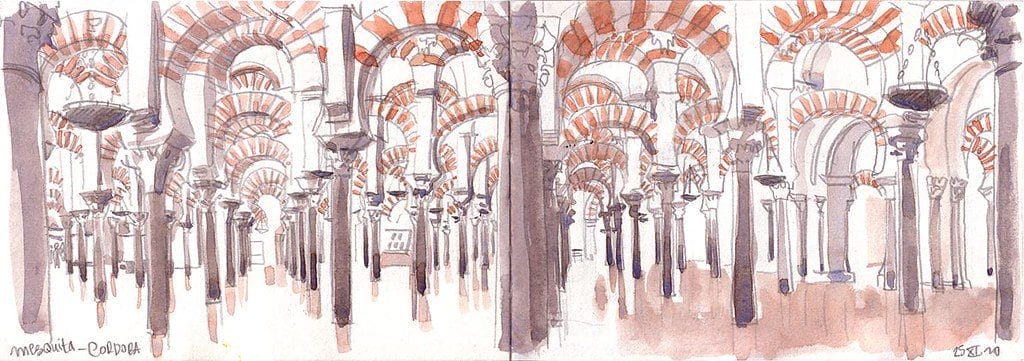“One of the aspects of Spanish intellectual life which struck me repeatedly was the fact that civic leadership so often rested in the hands of medical men. They wrote the best books, made the most daring statements and were revered as the elements of society that could be trusted to support good movements. The doctors in Spain for the stable, liberal cadre and I wondered why this was. I therefore asked a government official if he could arrange for me to meet a typical Spanish doctor who might care to discuss the matter.
“He was a cyclonic talker and a man of wide interests. ‘But you came here to talk about doctors. Remember this. There is no analogy between the role of the doctor in Spain and the doctor in any other country. Our tradition stems from the great Jew Maimonides and the Muslim Averroes. A sick man must be cured, factually. We are not prone to philosophizing about medicine or the good life or the nature of cure. A man is sick, cure him.
“‘A pragmatic attitude to medicine allows us much mental space for speculation in other fields. No group in Spain reads as much as we do. In all languages. We’re the educated ones… in medicine and everything else. You see my books. I don’t buy them because they have pretty covers, but because I need to know what’s going on in the world…
“‘Oftentimes the doctor is the only educated man a family will know… The average family knows only two persons in whom it can trust, the doctor and the priest, and since the priest is obligated to support a certain status quo of which the church is a major component, the family can look only to the doctor for the liberal interpretation towards which it may be groping.’
“One the most moving things in Spain is the frequency with which one sees in small towns the statue of some local doctor who led the community’s fight for social justice. In Badajos, in Teruel, in a dozen nameless little villages I had seen these evocative monuments.”
James A Michener, Iberia: Spanish Travels and Reflections
 |
|
“Mezquita.” Artwork of the Cathedral of Our Lady of the Assumption (aka the Mosque-Cathedral) of Córdoba, Spain by Vincent Desplanche on Flickr. CC BY-NC-ND 2.0. |
Highlighted Vignette Volume 15, Issue 1 – Winter 2023
Fall 2022 | Sections | Literary Vignettes
